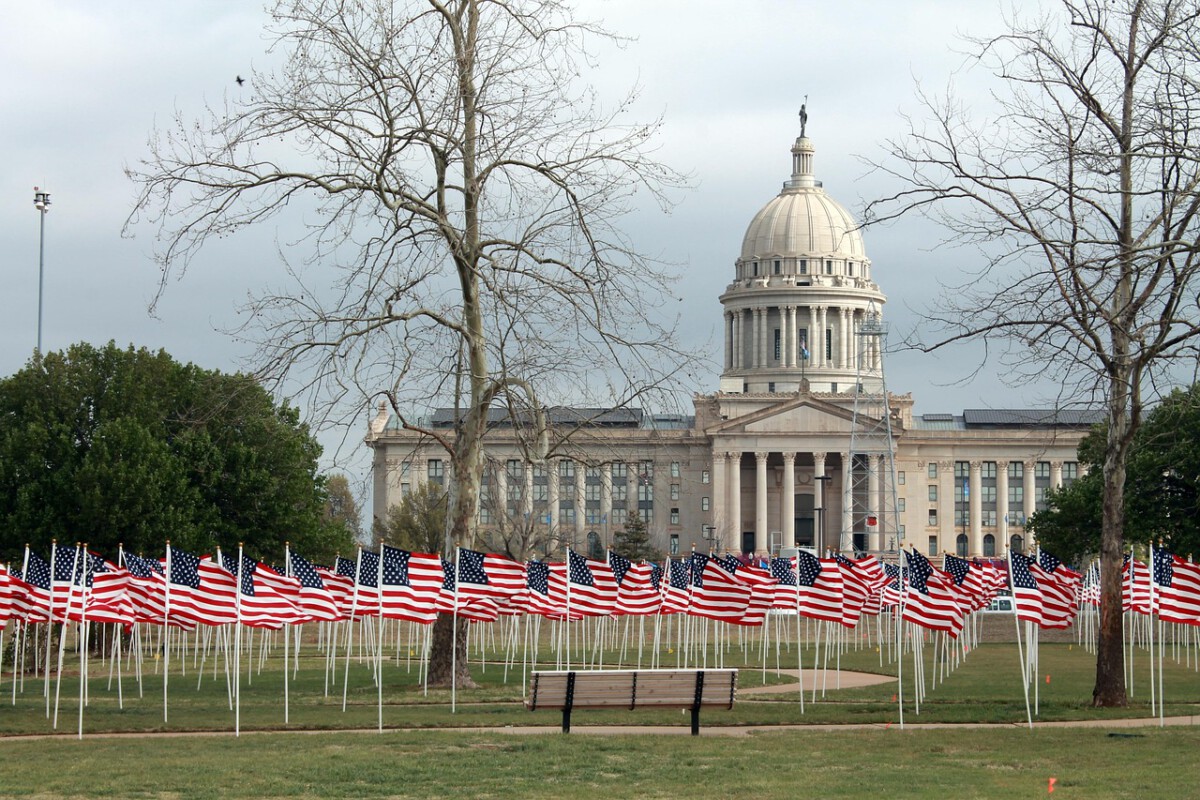China: Stricter Visa Regulations and Waning Visitor Numbers

If you’ve ever dreamed of wandering through the Forbidden City or tasting authentic dim sum in Beijing, you might want to fast-track your plans. In 2025, Chinese authorities have rolled out stricter visa regulations that are already reshaping the country’s tourism landscape. The process for obtaining a tourist visa now involves more paperwork, higher fees, and longer approval times. According to the China National Tourism Administration, there was a striking 15% decrease in tourist arrivals in the first quarter of 2025 compared to the same period in 2024. These numbers reflect a broader intention by the government to prioritize national security and preserve cultural sites from overtourism. For many Western travelers, the new hurdles—including background checks and mandatory detailed itineraries—are proving to be deal-breakers. Travel agencies have reported a surge in cancellations, citing the cumbersome process and uncertainty about approvals. Even business travelers are feeling the squeeze, with stricter scrutiny applied across the board. The message is clear: visiting China is becoming less accessible for the average tourist, and this trend shows no signs of slowing down.
Russia: Escalating Political Tensions and Travel Warnings

Russia, a land rich in history and sweeping landscapes, is rapidly becoming a no-go zone for many international tourists. Since mid-2024, ongoing political tensions and intermittent conflict have led to a wave of travel advisories from countries like the United States, Canada, and most EU nations. The U.S. State Department and EU travel agencies have both raised their warning levels, urging citizens to avoid non-essential travel to Russia due to increased risks. These warnings have had a dramatic impact: the Russian Federal Agency for Tourism reported a 20% decline in international arrivals for 2023, a number that continued to slide throughout 2024. Visa processing has become uncertain, with many applications delayed indefinitely or outright denied. Tour operators have scaled back or suspended tours, citing safety concerns and unpredictable border closures. Even major cities like Moscow and St. Petersburg, once magnets for culture lovers, are seeing fewer foreign faces. The chilling effect is unmistakable—Russia is gradually closing its doors to the outside world, and travelers are taking note.
Venezuela: Economic Meltdown and Mounting Safety Fears

Venezuela’s breathtaking beauty and vibrant culture are being overshadowed by economic chaos and rampant crime, making it one of the riskiest places for tourists in 2025. The World Bank documented a staggering 30% drop in tourist arrivals since 2023, a statistic that speaks volumes about the country’s current state. Hyperinflation has rendered prices unpredictable, and basic goods—let alone luxuries for tourists—are often unavailable or prohibitively expensive. Travelers report that finding reliable accommodations or safe transport is now a major challenge. Even popular destinations like Caracas and Margarita Island have seen a drastic decline in foreign visitors, with empty hotels and shuttered attractions becoming common sights. Crime rates, especially violent crimes and kidnappings, have surged, prompting many foreign governments to issue stern travel warnings. International airlines have reduced or suspended flights, further isolating Venezuela from the global tourism network. With safety and affordability both in jeopardy, the country’s reputation as a tourist haven is fading fast.
Turkey: Turbulence and Tightening Travel Restrictions

Turkey’s enchanting mix of East and West, from Istanbul’s bustling bazaars to Cappadocia’s otherworldly landscapes, is sadly being overshadowed by growing instability and new travel restrictions. In 2024, the Turkish government imposed strict regulations on foreign visitors, especially in regions near border zones affected by conflict. These measures include curfews, mandatory police registration, and restricted access to certain provinces. The Turkish Statistical Institute reported a 25% decline in tourist numbers last year, highlighting travelers’ shifting preferences. Security checkpoints and military patrols have become more common, adding an atmosphere of uncertainty for visitors. Hoteliers and tour operators have voiced concerns about plummeting occupancy rates, with many businesses forced to offer deep discounts or shut down temporarily. Even iconic destinations like Antalya and Pamukkale are experiencing fewer international arrivals. For many would-be visitors, the appeal of Turkish hospitality is being eclipsed by concerns for personal safety and freedom of movement.
Egypt: Protecting Heritage from Overcrowding and Environmental Strain

Egypt’s ancient wonders, long magnets for global travelers, are now at the heart of a new government push to limit tourist numbers. In 2025, authorities began enforcing daily quotas at iconic sites like the Pyramids of Giza, the Valley of the Kings, and the temples of Luxor. The Ministry of Tourism and Antiquities cited environmental degradation and preservation as their primary motivations, hoping to protect these priceless sites from irreversible damage. Visitor statistics back up this policy shift: a 10% decline in tourist arrivals for 2024, with projections showing a continued downward trend as restrictions tighten. Travelers now face limited time slots, higher entrance fees, and sometimes outright refusal if quotas are met. Local guides and tour companies are divided, with some supporting the move for sustainability and others fearing for their livelihoods. For tourists, the experience is becoming more exclusive—though also more difficult to access, especially during peak months. As the world wakes up to the importance of heritage preservation, Egypt is drawing a clear line: fewer visitors, but better protection for its treasures.
South Africa: Rising Crime and Lingering Health Concerns

South Africa’s stunning landscapes and rich wildlife have always drawn adventure seekers, but recent statistics tell a very different story. The South African Tourism Board recorded a 15% decline in international arrivals in 2024, attributing the drop to persistent safety and health worries. Major cities like Johannesburg and Cape Town have seen rising crime rates, particularly targeting tourists with theft and carjackings becoming more frequent. Several countries, including Australia and the UK, updated their travel advisories in 2024, highlighting risks of violent crime and urging extra caution. Health concerns, such as the continued prevalence of malaria in certain provinces and the high rates of HIV/AIDS, further complicate the picture for would-be visitors. Many travel insurance providers have increased premiums or reduced coverage for trips to South Africa, making travel even less attractive. The government is working to improve security and healthcare infrastructure, but the perception of risk remains high. This growing sense of unease is leading many tourists to cross South Africa off their bucket lists for now.
India: Tourist Overload and Overstretched Infrastructure

India’s kaleidoscope of colors, flavors, and experiences has always lured travelers in droves, but the cracks are beginning to show in 2025. Overwhelming tourist numbers are straining the country’s roads, public transport, and popular attractions. The Ministry of Tourism reported a 12% decrease in international arrivals in 2024, with many visitors citing overcrowding and lack of adequate facilities. Hotspots like Jaipur, Agra, and Varanasi are facing daily bottlenecks, with wait times at the Taj Mahal now stretching for hours during peak season. Local residents and conservationists have raised alarms about the environmental toll, from litter to water shortages, prompting some states to impose visitor caps or temporary closures. The Indian government has launched ambitious plans to upgrade infrastructure, but progress is slow compared to the surging demand. Travel forums are filled with stories of frustrated tourists struggling with traffic jams, overbooked hotels, and unreliable internet. For those seeking a peaceful or comfortable journey, India’s chaotic charm might have to wait until the dust settles.





